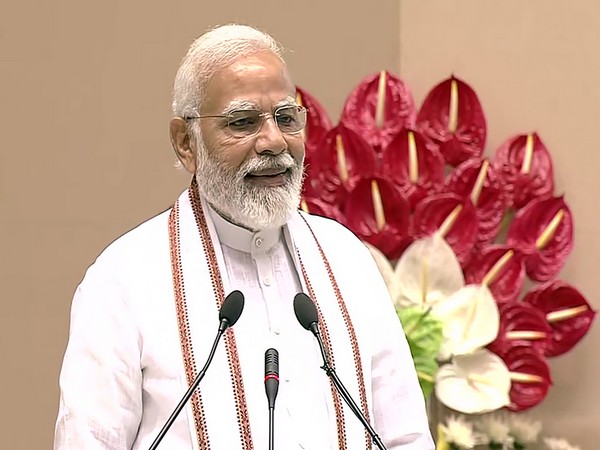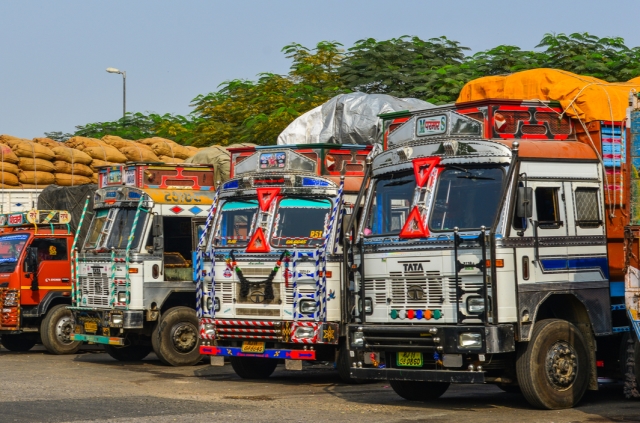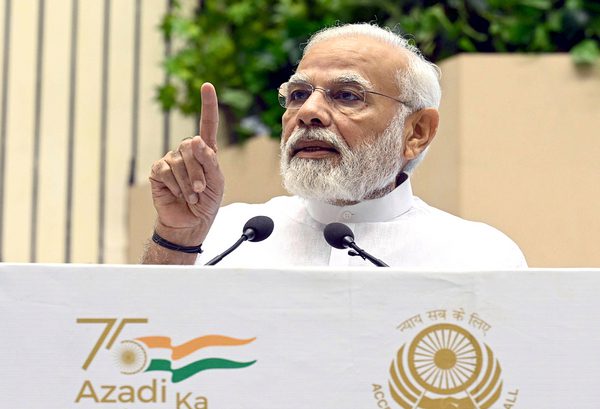Unified Logistics Interface Platform (ULIP), launched by Prime Minister Narendra Modi, as part of the ‘National Logistics Policy (NLP)’ on September 17 has received a strong response from the industry with 13 firms joining the platform in less than two weeks of the launch, the Ministry of Commerce & Industry said on Saturday.
Till date, 13 organisations – MapMyIndia, CargoExchange, Freight Fox, Conmove, Intugine, Eikonatech, Yes Bank, Superprocure, CargoShakti, CloudStrats, Shyplite, APSEZL, and AITWA have signed non-disclosure agreement to access data on ULIP.
Non-disclosure agreements (NDAs) with 11 more organisations like Instavans & Trucks, Bosch India, Portlinks, Shiprocket, etc. are in the process, the Ministry of Commerce & Industry said.
The startups are gearing up to showcase their innovative ideas for creating new solutions for the sector whereas large enterprises are mulling to integrate with ULIP for simplifying complex logistics processes, verifying the documents of vendors as well as to get visibility of cargo movement.
The ULIP platform will enable the industry players to get secure access to information related to logistics and resources available with various ministries. At present 30 systems from seven ministries are integrated through more than 100 APIs covering more than 1600 data fields for usage by the stakeholders.
ULIP has a dedicated portal that makes the process of data requests simpler, faster, and transparent. A dedicated support team is working round the clock to provide support to the industry players for registration on the portal. After the registration, users need to submit their use-cases, which will then be reviewed based on the proposed usage of the requested data. After the successful review, users requesting data will have to sign a ‘Non-Disclosure Agreement (NDA)’.
With the signing of the NDAs, industry players can develop APIs for integration with ULIP. After the system security check and thorough testing of the integration, the users can fetch authentic data through ULIP from various government sources.
ULIP will give direct and indirect benefits to all logistics stakeholders like verification of drivers and vehicle details in a single click, tracking & tracing of consignment, route optimization planning, timely updates on the destination of the consignment, reduced paper work, empty carrier and container visibility, inventory management, etc.
By reducing regulatory, documentary, and other delays, ULIP will enable structured planning by helping in decision-making on optimum use of modes of logistics, thereby saving cost and time.
With the democratization of the information, ULIP aims to enable the industry players for creating a market for revenue generation as well as the abolition of monopolies and unleveled advantages. Achieving positive results at granular and individual levels will have a tremendous constructive impact on the overall logistics sector of India along with the Logistics Cost percentage of GDP and enhancement in the global logistics indices of India. (ANI)
Read More:https://lokmarg.com/


